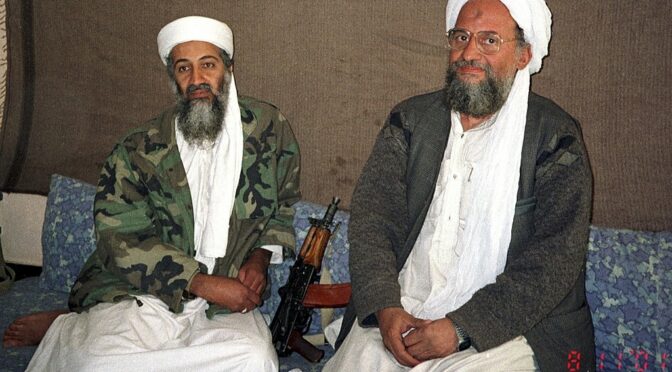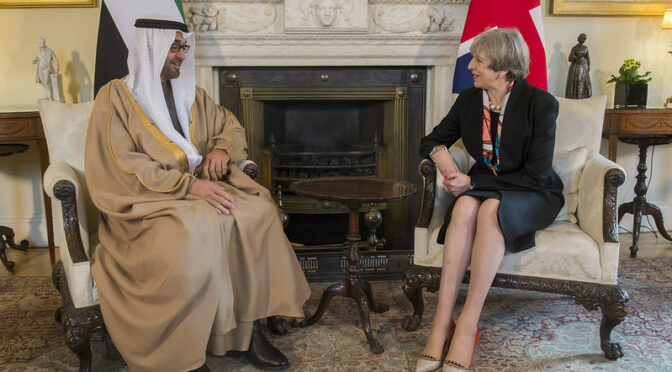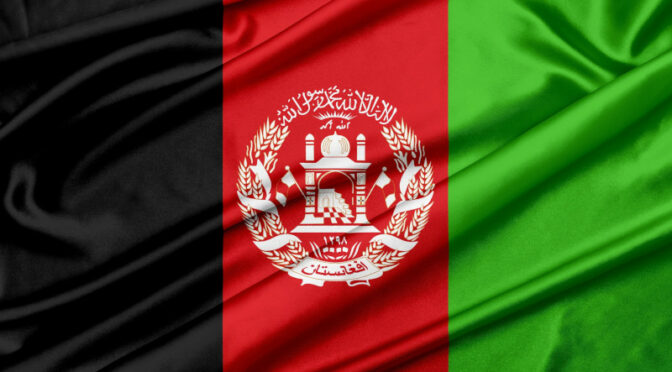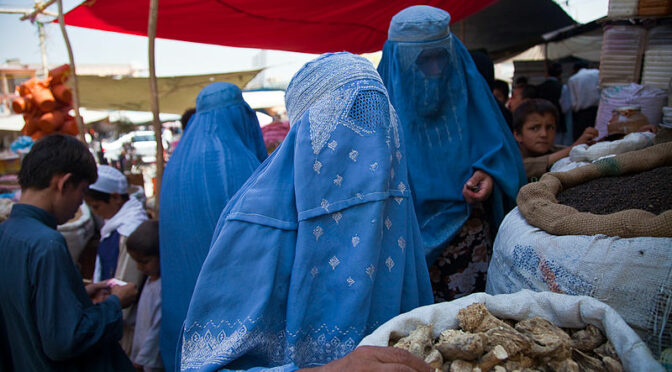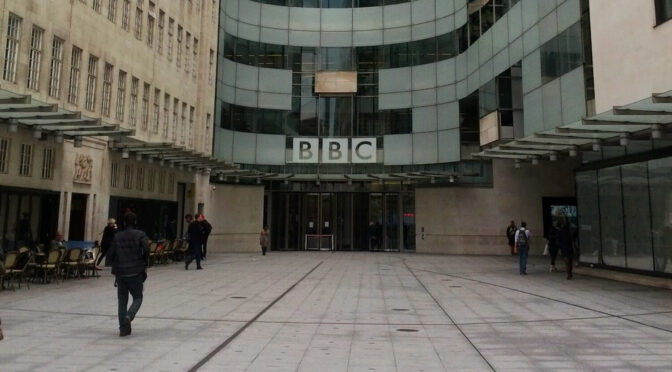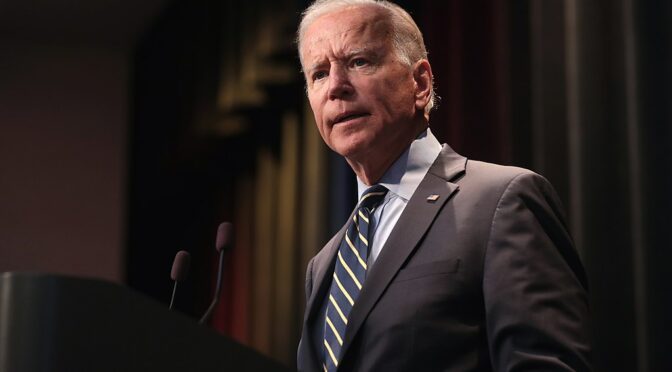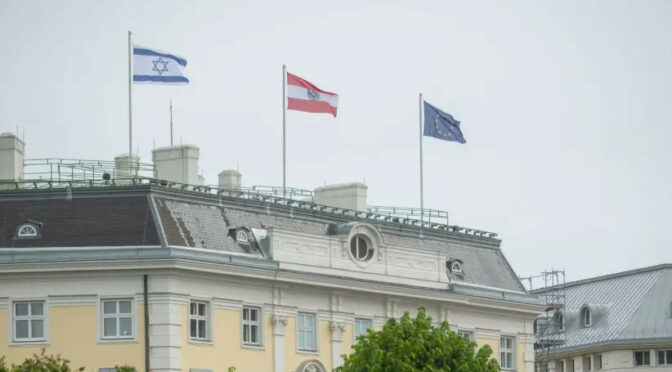Article published by the Gatestone Institute, 22 October 2021. © Richard Kemp
Twenty five year-old Ali Harbi Ali has been arrested on suspicion of the murder last week of British Member of Parliament Sir David Amess in a church in Essex. Ali is a member of a well-to-do Somali family who were given refuge in Britain from the war-torn East African country in the 1990s. British authorities had previously been alerted to his radicalisation and he was referred to the UK’s ‘Prevent’ anti-terrorist scheme.
The precise reason for his alleged attack on this particular MP, which he has reportedly admitted, has not yet been established but it is thought he may have been influenced by Al Shabaab, an Al Qaida group that operates in Somalia and Kenya.
Last month, the head of Britain’s security service MI5, Ken McCallum, warned there was no doubt the Taliban victory in Afghanistan this summer has ‘heartened and emboldened’ jihadists everywhere.
It may be that the murder in Essex was the first successful terrorist attack in Britain inspired by the consequences of US President Joe Biden’s catastrophic decision to withdraw US forces from Afghanistan. Amess’s savage knifing follows jihadist attacks in Norway that killed five and wounded three last week and another in New Zealand in September that wounded five.
Jihadists around the world celebrated the vanquishment of the West following the Taliban seizure of power in Kabul. Not only has this re-energised terrorist cells but it will also lead to an increase in recruiting and a funding boost from jihadist supporters. Prior to Biden’s withdrawal, Al Qaida had been at a low point in their fortunes, following decimation by US drone strikes in the Pakistan tribal areas, catastrophic setbacks in Syria, Iraq and Yemen, the killing of Osama Bin Laden and the rise of the Islamic State. Their international Continue reading

